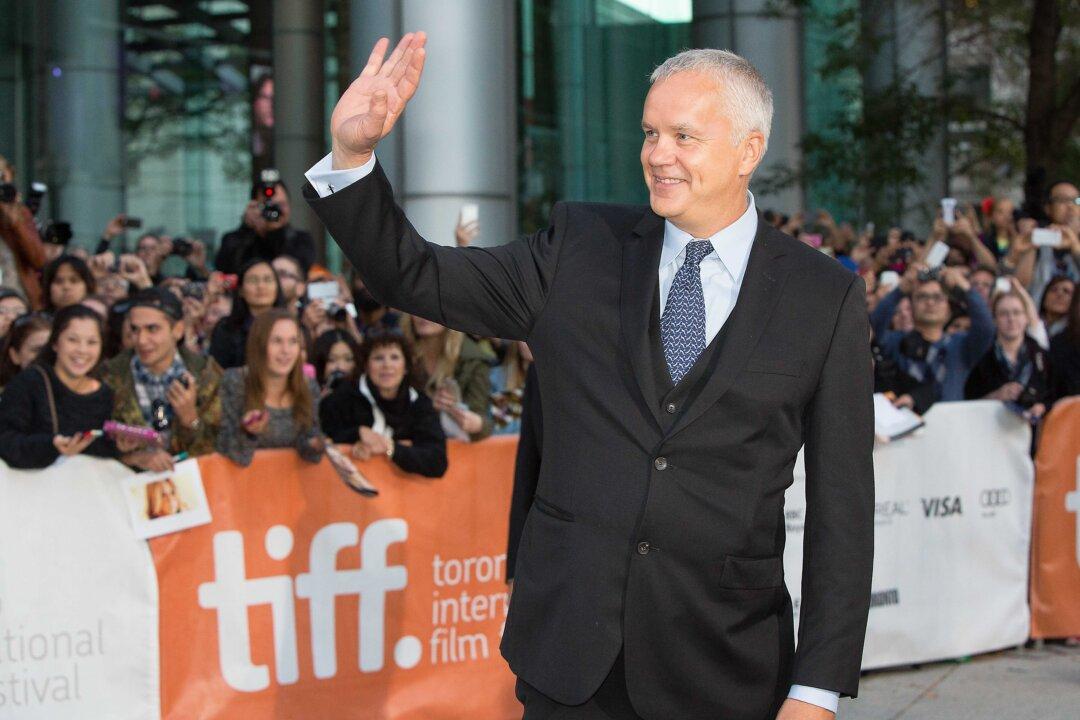Renowned actor Tim Robbins told comedian Russell Brand during a podcast interview aired over the weekend that his views about COVID-19 restrictions completely changed when Robbins visited parts of the world where people publicly asserted their right to be free from masking, and that lockdown enforcers’ coercion, sanctimony, and demonization of those with different views have fed an atmosphere of tribalism and repression that is dangerous for civil society.
In conversation with Brand on the Dec. 18 episode of the comedian’s podcast, Robbins also voiced his dismay at official policies based on limited scientific studies that discouraged patterns of behavior that might have led to herd immunity, and thus arguably slowed the world’s emergence from the pandemic.





